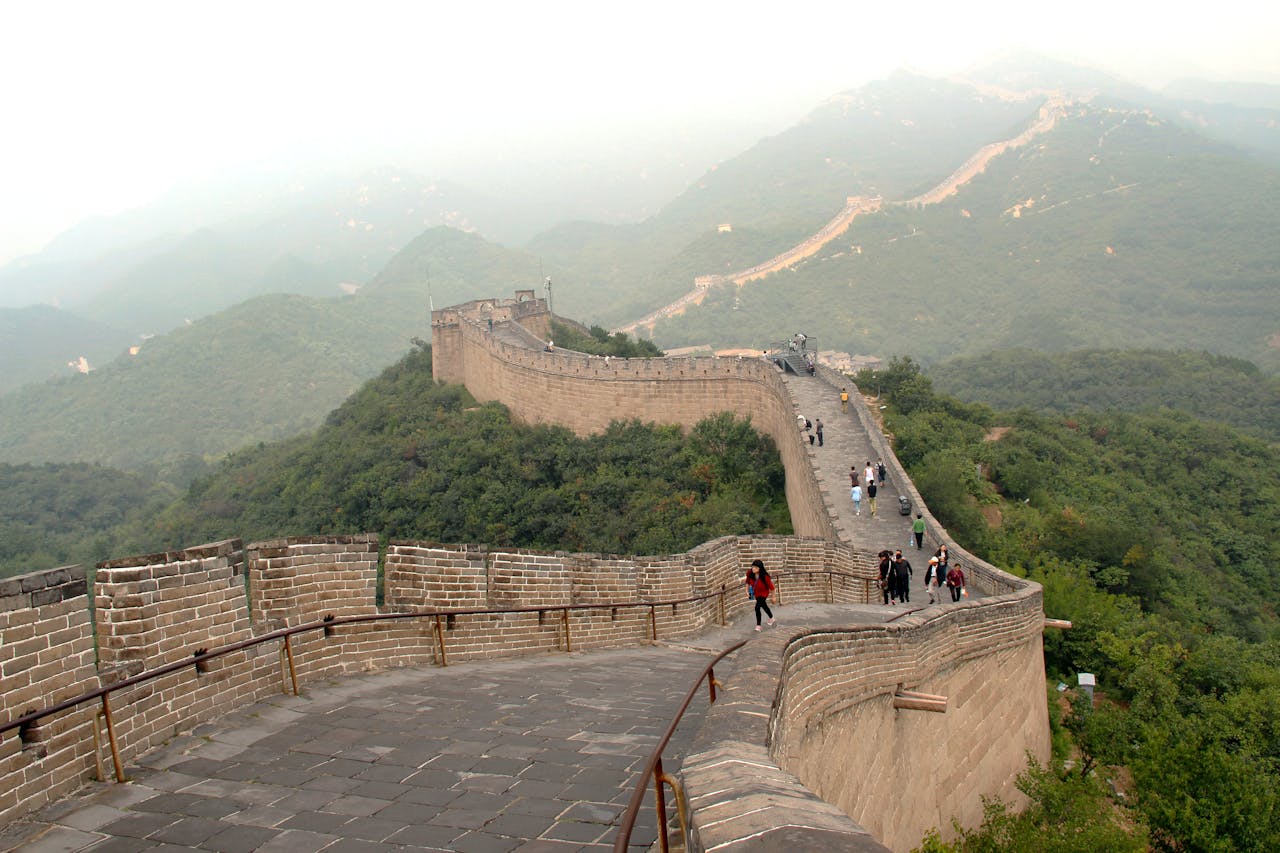In the 20th century, China faced colonial incursions and internal turmoil, which led to the rise of nationalism. With the establishment of the People’s Republic of China in 1949, a new era was ushered in. As the Communist Party emphasized self-reliance, it likewise fostered suspicion of Western influences during the Cold War. These factors shape modern attitudes toward foreigners. It led to xenophobia in China.
Chinese xenophobia
A significant indicator of Chinese xenophobia is evident in its narratives regarding the origins of infectious viruses, including but not limited to SARS-CoV-2, as well as its stringent measures to prevent the virus from entering the country. Chinese nationalism is also reflected in the country’s refusal to import Western mRNA vaccines, while promoting domestically produced vaccines and traditional Chinese medicine (TCM), despite ongoing debates about their effectiveness in treating the virus
Recently, however, China’s growing international presence led to increased interactions with foreigners. It also resulted in heightened visibility of xenophobic sentiments.
Several factors contribute to this phenomenon:
Economic competition
With China’s opening up, the influx of foreign businesses and workers has occasionally been seen as a threat to local jobs and economic opportunities. This sentiment is particularly strong in urban areas where competition is intense.
Cultural differences
The swift modernization and urbanization in China have significantly transformed societal norms and values. As a result, some Chinese citizens may perceive foreigners, particularly those with distinct cultural practices, as a threat to traditional Chinese culture.
Media influence
Nationalistic narratives in state media and social media platforms amplify xenophobic sentiments. The portrayal of foreigners as either a threat or an exotic curiosity contributes to a polarized view of outsiders.
Health crises
The COVID-19 pandemic exacerbated xenophobia globally, and China was no exception. Reports of discrimination against foreigners, particularly those of African descent, during the pandemic, highlighted the intersection of public health fears and racial biases.
Nationalistic or simply xenophobic?
Currently, there are growing concerns about whether Dengist pragmatism still influences China’s current policies and its commitment to global integration. Is the world witnessing the beginnings of a state-engineered “Chexit,” with China potentially severing ties around the globe as the CCP fuels nationalism and xenophobia? Or is China on the verge of adopting a nationalist, self-reliant approach reminiscent of the Mao era?
Sources:
China’s decision not to import mRNA vaccines leaves it in a bind
China grapples with nationalism and fuels it
Related Stories:
“Give Us Freedom” says people in China in covid lockdowns
Chinese TikTok vendors in U.S. ruffled by regulatory changes

